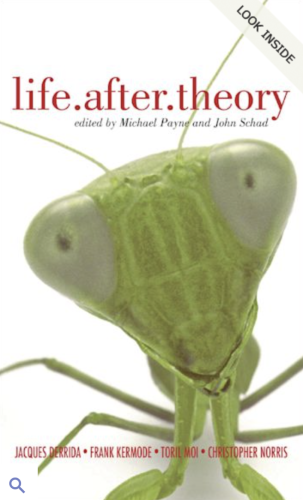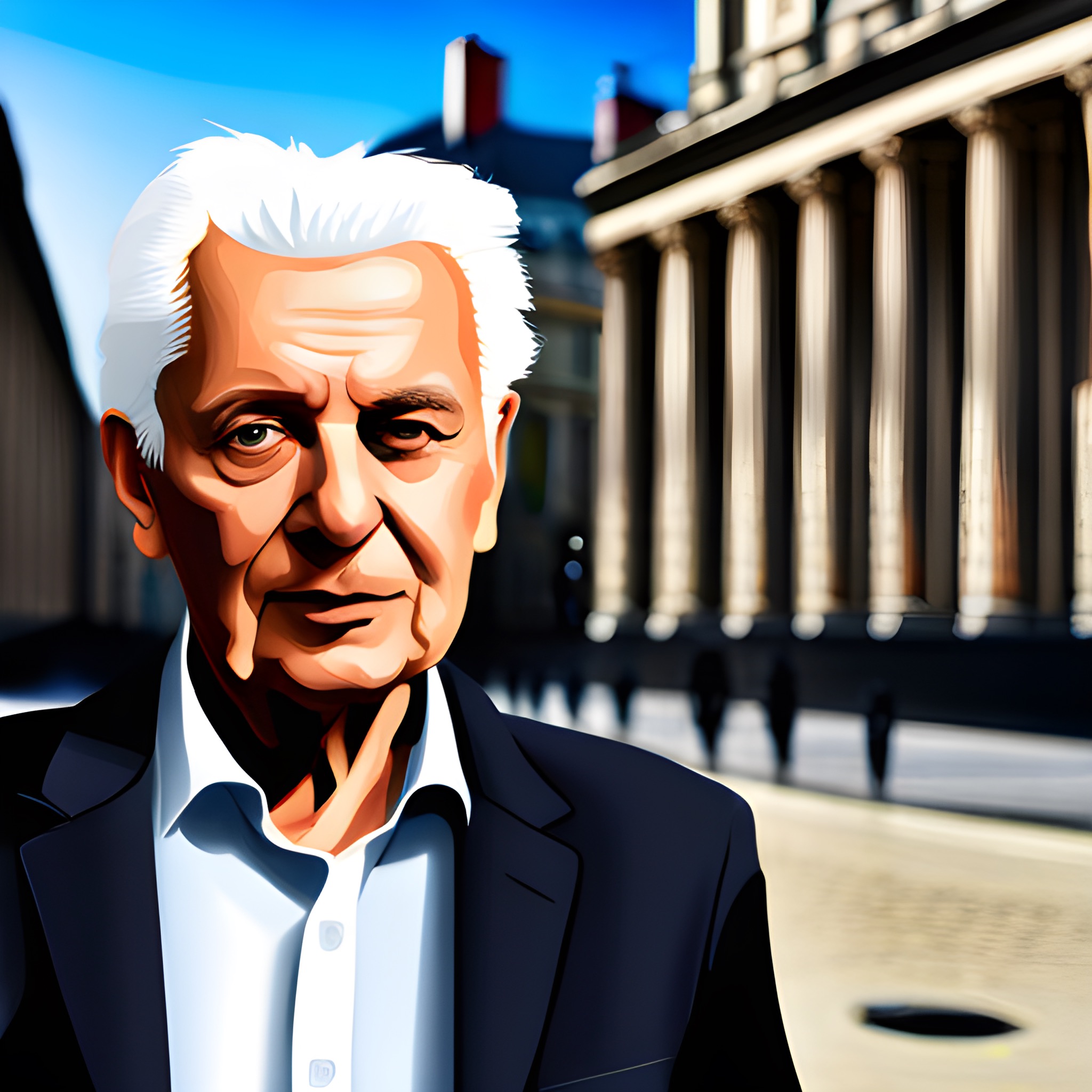
Nicholas Royle: The first question that I would like to ask is, I suppose, a question in three parts and it’s about the acolyte and anacoluthon. The acolyte is the follower and thus is the apparent opposite of anacoluthon. Anacoluthon is what fails to follow; it’s what’s non-sequential or literally ‘without following’. So I thought with this question about the acolyte and anacoluthon I could take anacoluthon first, seeing as it’s second, and ask whether we could read ‘life.after.theory’ as an anacoluthon. I think I’ll just leave that as the first part of the question…

Jacques Derrida: … I would say — in the most formalized form — of the logic which was at work in my lecture, in fact in your questions too, that there is no simple opposition between the acolyte, or the ‘acoluthon’ and the ‘anacoluthon’. That is a problem, because to accompany, or to follow in the most demanding and authentic way, implies the ‘anacol’, the ‘not-following’, the break in the following, in the company so to speak. So, if we agree on this, a number of consequences will follow: you cannot simply oppose the acolyte and the anacoluthon — logically they are opposed; but in fact, what appears as a necessity is that, in order to follow in a consistent way, to be true to what you follow, you have to interrupt the following. So let me leave this statement in its abstract form and then …
Tentu, sejarah menunjukkan bahwa aku nggak bisa jadi saksi perbincangan menarik ini. Di tahun 2001 itu, orang-orang Loughborough meng-email-ku, bilang bahwa tempat sudah penuh, dan bahwa cek yang aku kirim sudah dimusnahkan. Dan baru tahun 2004 aku bisa dapat dokumen, dalam bentuk buku “life.after.theory”, yang memang bukan berisi lecture-nya, tapi risalah conference-nya.
Bisakah aku memohon secarik waktu untuk sekedar menitipkan mataku pada halaman-halaman buku ini, duhai rezim ebitda, agar kembalilah sedikit kehidupan pada tubuh yang sedang bergerak lincah namun tanpa jiwa ini?


0 Comments
1 Pingback